We interview Michael Sheridan, an R&D Incentives Consultant in our London office. The engineer explains why he made the leap to consultancy, having built a solid career platform in the oil and gas industry.
Tell us about your background.
I graduated with a Masters degree in Civil Engineering from Nottingham University in 2010. Then I went to work in the oil and gas industry for seven years. The experience I gained in that time helped me qualify as a Chartered Mechanical Engineer.
What did your work in oil & gas involve?
I initially worked as a Pipe Support Engineer, designing the steel supports to support the piping routing on oil rigs. This work involved commuting to work by helicopter on the South Arne oil rig in the Danish North Sea.
I then moved on to become a Piping Materials Engineer, managing the technical side of procuring all the piping and valves required for the oil platform. This included meeting valve manufacturers, and visiting their factories to check their processes and design methodologies. This work was quite different and also took me to somewhat less forbidding environments and some interesting places; even as stunning as Lake Garda in the Italian Alps.
What attracted you to the world of consultancy?
The primary attraction was the chance to learn something new. I had a solid grounding in engineering. Consultancy offered me the opportunity to widen my skill set by improving my management skills, people skills, and my knowledge of corporate tax and accounting.
When did you make the move into consultancy?
In June 2018, after a sabbatical during an economic downturn in oil and gas, when I took the opportunity to travel and volunteer for a third world charity.
Why did you decide to work for Ayming?
I wanted a job that offered more diversity in my day-to-day role. As a consultant with Ayming you have the opportunity to get involved in everything from client-facing meetings and technical discussions to financial calculations. These and other aspects of what is a varied job working with new clients help ensure there is no room for feeling stagnant.
I also liked the atmosphere in the office immediately. Being a relatively small company compared to the likes of the big four, Ayming’s culture seemed both open and close-knit and I wanted to go somewhere I could feel comfortable quickly. This was apparent from the friendly and approachable atmosphere of the job interview, and then in my first few days on the job. It helped me settle into my new role within the R&D team more easily. The distinctive Ayming style was also reflected in the meeting room called The Beach, complete with deckchairs and floor-to-ceiling images of turquoise sea and white sand.
Tell us more about your role at Ayming.
I am an R&D consultant with a particular focus on construction and engineering, due to my technical background. My role is to help clients take full advantage of the credits they are entitled to under the tax system for their innovation. This requires a clear understanding of the nature of the work they are undertaking as well as the tax rules. Often contractors do not fully recognise the originality of their solutions and under-estimate the relief they are due. So our work is helping fund innovation and reducing their costs.
What’s the most rewarding thing about working in consultancy?
I also get to learn about some amazing things first-hand from the world of innovation happening across a wide range of businesses – from space satellite design to some of the most exciting engineering projects in the country. These are interesting in their own right as well as fascinating to someone like me with a professional background in engineering.
What have you learned?
On top of these regular insights into technical areas, I am improving my project management skills and presentation skills. I am constantly developing my personal skills as I am interacting with a wide range of other professionals on a daily basis, and I have built up a solid understanding of the tax regime and relevant accounting practice.
How would you describe consultancy in three words?
Technical yet personal
What are the top 3 differences between industry and consultancy?
- The variety of work. I have a much more varied routine from day to day, which I find more interesting and stimulating.
- The timescales. In the oil and gas industry, projects are long-term, and you could easily spend six years doing the same thing. Whereas here at Ayming, you’re constantly juggling numerous projects, each lasting only a couple of months, and taking on new challenges.
- The people. You get to meet some of the best technical minds in engineering, as well as CEOs and CFOs. So you become accustomed to interviewing and meeting people in various positions of power and influence.
Would you recommend making the move into consultancy?
In a word, yes. It is a dynamic and stimulating environment, but not a complete step away from engineering for me. I have learnt more, arguably, about engineering – certainly across the breadth of the profession – in this role than in oil and gas.



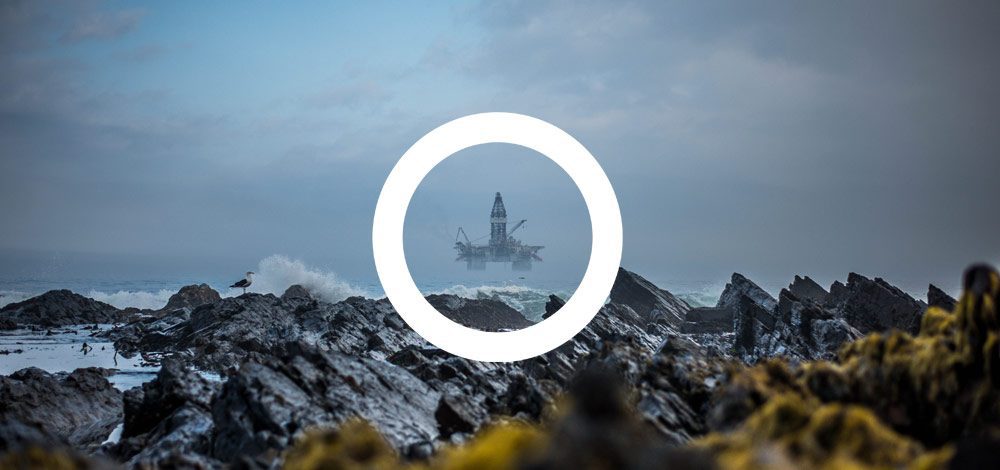
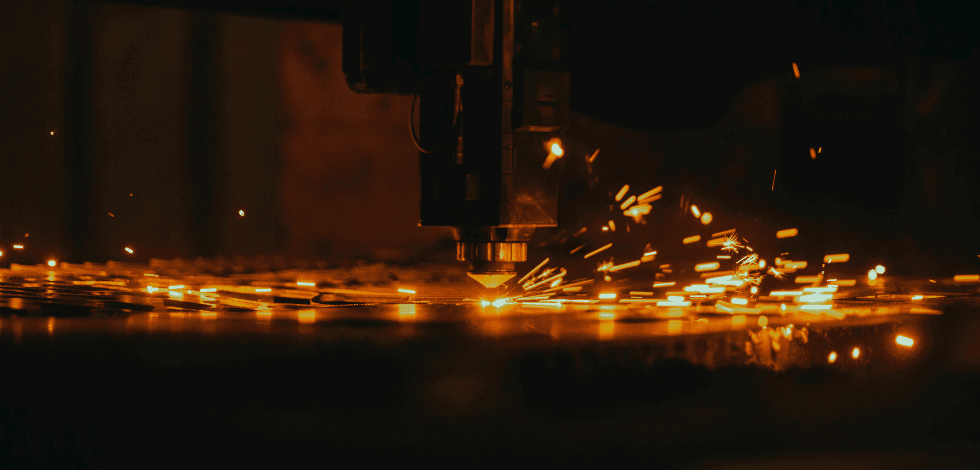



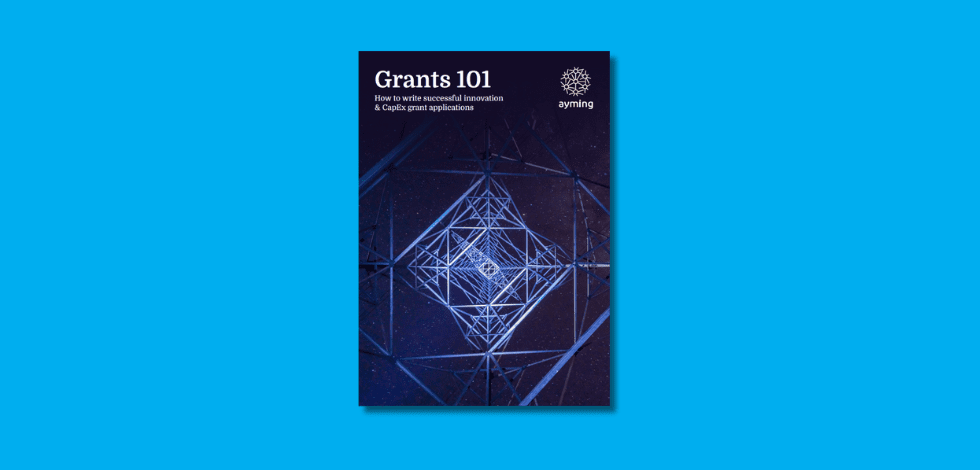
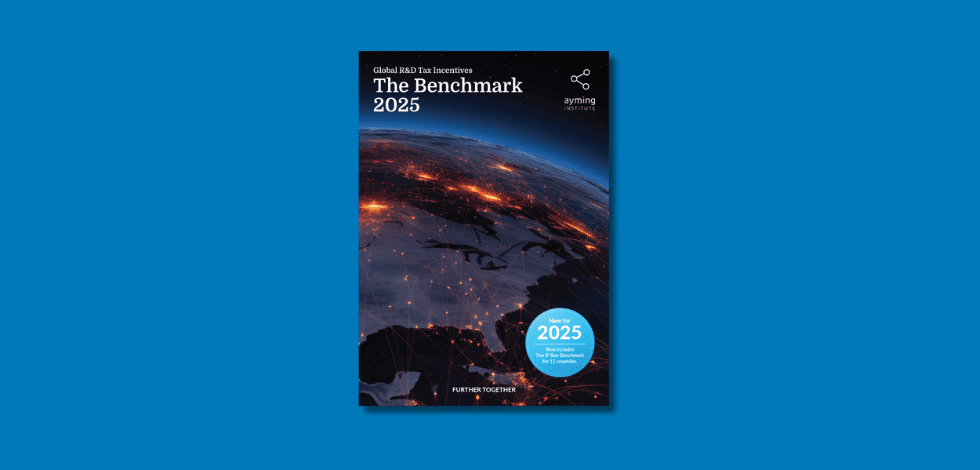
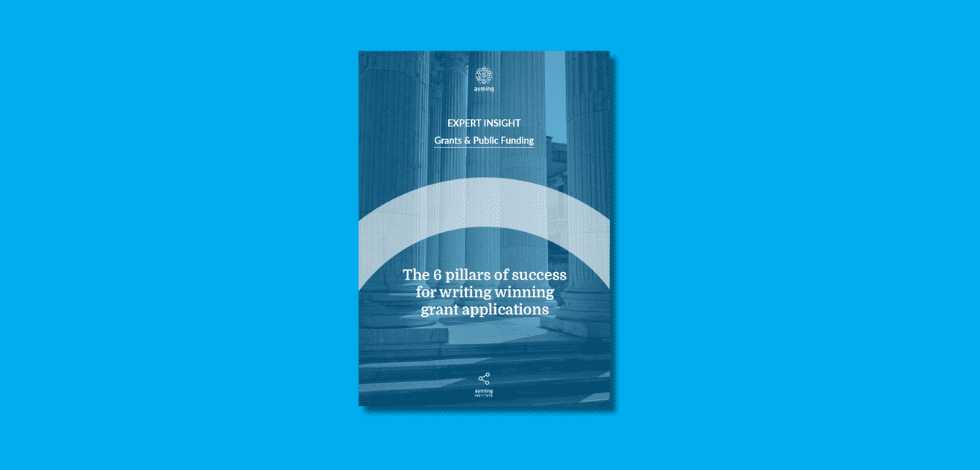
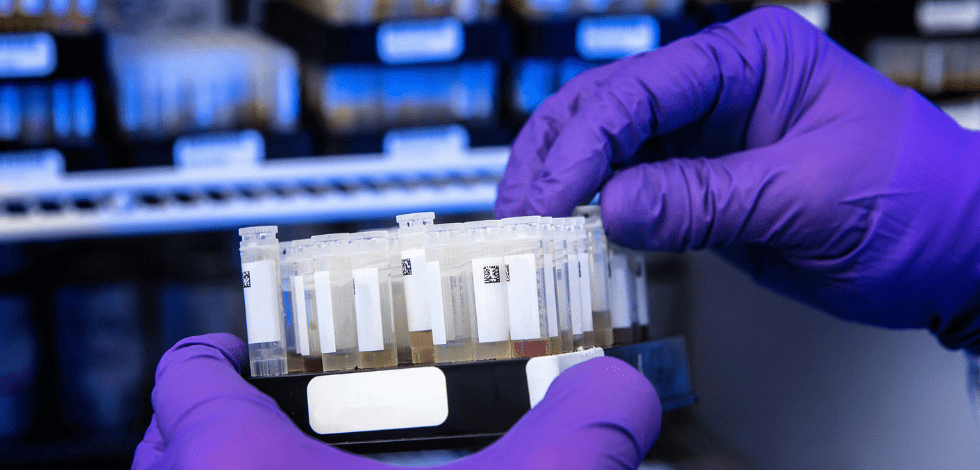

No Comments